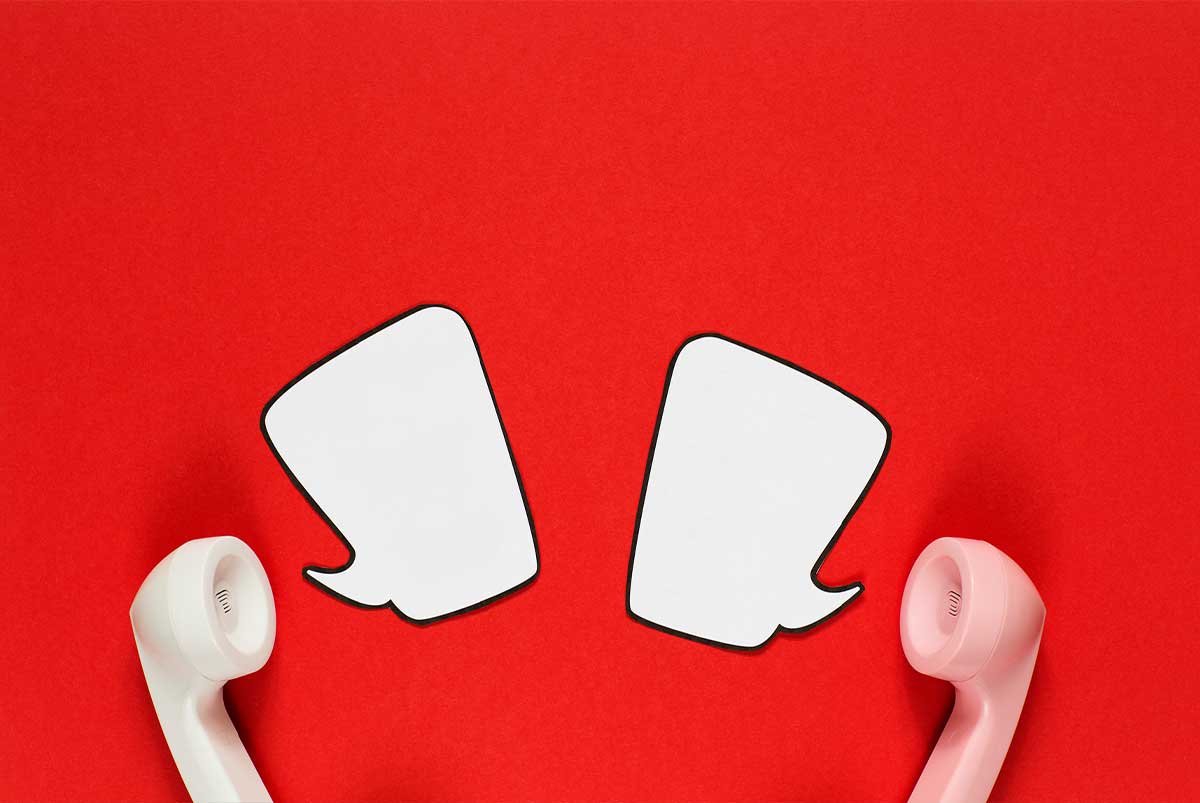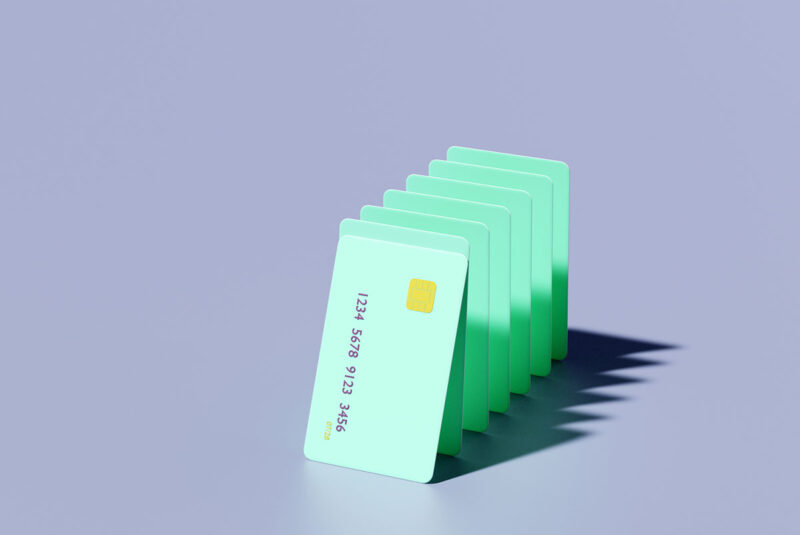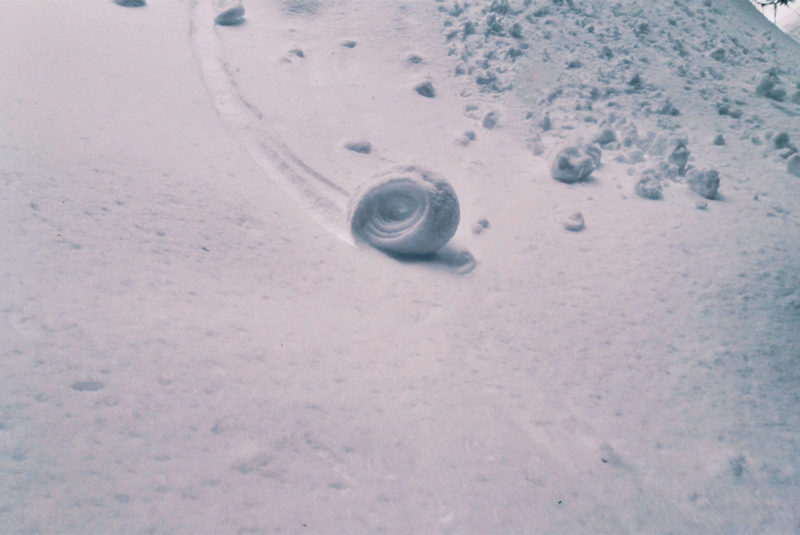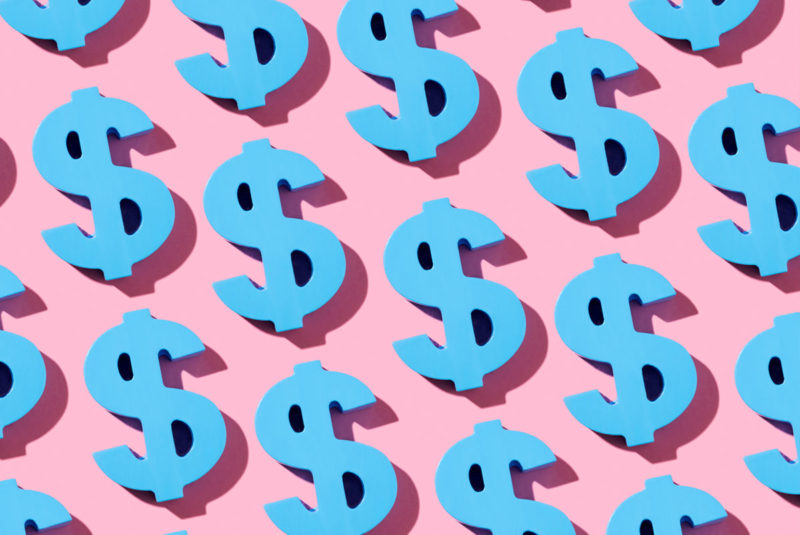Whenever you borrow money, you agree to pay the credit card issuer or lender back a portion of the debt (plus interest) each month. With credit cards, you’ll need to make a minimum payment that fluctuates depending on your overall balance. Loans, by comparison, typically require you to pay a fixed monthly amount.
But what if you can’t keep up with your payments? A lot can happen, unfortunately, and most of it isn’t good. One action a creditor may take when you fall far enough behind on a financial obligation is to charge off your unpaid debt.
Charge-Off, Defined
The term charge-off can be a bit confusing. Some people believe that when a creditor charges off an unpaid debt it’s letting you off the hook for the money you owe. But a charge-off isn’t the same as debt forgiveness. Even after a creditor charges off an account, you still owe the debt.
When a creditor decides to charge off a debt it does so for accounting and tax purposes. The creditor’s investment (aka the debt you owe plus interest and fees you agreed to pay) is no longer considered a business asset. Once you default on your payments, that investment is now a business loss.
What Happens When a Debt Is Charged Off?
When a creditor writes off your debt for tax reasons, it may inform the three major credit bureaus (Equifax®, Experian™, and TransUnion®) that it charged off the account. The outstanding balance will generally still show up on your credit reports, too. Any late payments or past-due balances on the account will remain as well, and will most likely hurt your credit scores.
Often, a creditor will assign or sell your account to a third-party debt collector after it’s charged off. If this happens, two negative accounts may show up on your credit reports for the same debt – the original account and the collection account. As long as only the collection account shows an outstanding balance, this is allowed.
How Do Charge-Offs Affect Your Credit Scores?
A charge-off is a major derogatory item – or a “major derog” – where credit scores are concerned. It has the potential to damage your credit scores in several ways:
- Late payments on a charge-off can hurt your scores, especially if they’re recent.
- A past-due balance on a charge-off can sting your credit scores again.
- If the original creditor sells the debt and a collection account shows up on your credit reports, your scores may suffer further damage.
How long will a charge-off affect your credit scores?
The Fair Credit Reporting Act (FCRA) lets charge-offs remain on your credit reports for up to 7 years. As long as a charge-off appears on your reports, it has the potential to affect your credit scores in a negative way.
It’s worth pointing out that the 7 year credit reporting clock starts ticking on the date of the original terminal delinquency. That’s the date the original account became 180 days past due.
If a collection agency buys the debt, this seven-year clock does not start over. Making a payment doesn’t restart the seven-year statute of limitations either.
Nothing can legally restart the credit reporting time clock when it comes to charge-offs or any other negative item on your credit reports. If a creditor tries to manipulate the date of a charged-off account to keep it on your credit reports for more than seven years, you should dispute it and possibly speak with an FCRA attorney.
The good news is that you’re not doomed to a life of bad credit for the entire 7 years a charge-off is on your reports. Credit scoring models place more emphasis on recent events.
So, a charge-off that took place last month will have a much bigger impact on your credit scores than a charge-off from several years ago.
Does paying a charge-off make a difference?
There are several reasons you may want to pay a charge-off if (and hopefully when) your financial situation improves. Paying a charged-off account might prevent debt-collection lawsuits. It may help you avoid harassing phone calls and collection letters. Best of all, there’s a chance that paying a charge-off could help your credit scores.
A charge-off (not to be confused with a collection account) will often show a past-due balance on your credit reports which may damage your credit scores. By paying or settling a charge-off with a past-due balance, you might give your credit scores a nudge in the right direction.
Credit scoring models also consider the number of accounts on your credit reports with outstanding balances. (This doesn’t apply to collection accounts.) So, if you pay a charged-off account down to a $0 balance, you might help your credit scores again.
Just remember that paying a charge-off doesn’t guarantee your credit scores will improve. The recency of the charge-off (aka how long ago it happened) is what matters most from a credit scoring perspective. Even with a $0 balance, a charge-off could still hurt your credit scores, especially if the charge-off is fresh.
How Can You Remove a Charge-Off From Your Credit Reports?
In most cases, you’ll have to be patient where charge-offs and your credit reports are concerned. The FCRA states that credit reporting agencies must remove charge-offs from your credit reports after seven years. But nothing forces a credit bureau or creditor to remove a charge-off early.
Still, there are a few potential ways to get a charged-off account deleted from your credit reports before the seven-year clock runs out.
You can dispute incorrect or questionable information on your credit reports, including charge-offs.
A credit bureau can only leave a charge-off on your credit report for 7 years when it follows the rules. If the account contains incorrect information (like wrong dates, wrong balance details, etc.) or if anything about the account looks suspicious, you can ask a credit bureau to investigate.
At that point, the credit bureau has 30 days (45 days in some cases) to verify that the account is 100% accurate or delete it from your report. You can manage these disputes on your own, or you can hire a professional credit repair company to help you.
You can ask the creditor or collection agency for deletion in exchange for payment.
This strategy is tricky and often doesn’t work. You can try to negotiate with a creditor to delete a charge-off from your credit reports early in exchange for payment. A creditor could ask the credit bureaus to delete the account early if it desires to do so. Credit reporting, after all, is a voluntary process.
The catch is that the credit bureaus don’t like payment for deletion deals and might not honor them. The Credit Reporting Resource Guide (aka the credit reporting rule book) instructs creditors and collection agencies not to make such arrangements with consumers. If a creditor or collection agency gets caught offering pay-for-delete settlements, a credit bureau might close that company’s account. Then the company could no longer pull credit reports or report any credit information to the bureau.
If you do convince a creditor to accept payment in exchange for deletion, get the offer in writing before you hand over your payment information. In the event the account doesn’t come off of your credit report after payment as promised, you might need to speak with an attorney or submit a complaint to the Consumer Financial Protection Bureau.
Bottom Line
Charge-offs can be bad for your credit rating. For the sake of your credit scores and your finances, it’s best to avoid charge-offs altogether if you can.
If money is tight, consolidating your debt and restructuring your budget might offer you some relief. Debt settlement, credit counseling, and bankruptcy are other options to consider as well. Be sure to thoroughly look into the pros and cons of each option upfront.
If you already have charge-offs on your credit reports, that doesn’t mean you can never earn good credit again. It’s always possible to overcome your past credit mistakes and rebuild better credit for the future.
The Short Version
- Charge-offs can occur when you fail to pay back your debts
- Creditors may sell charged-off accounts to collection agencies, which will still come after you for the money
- Charged-off accounts can severely damage your credit scores, although it’s possible to recover over time




